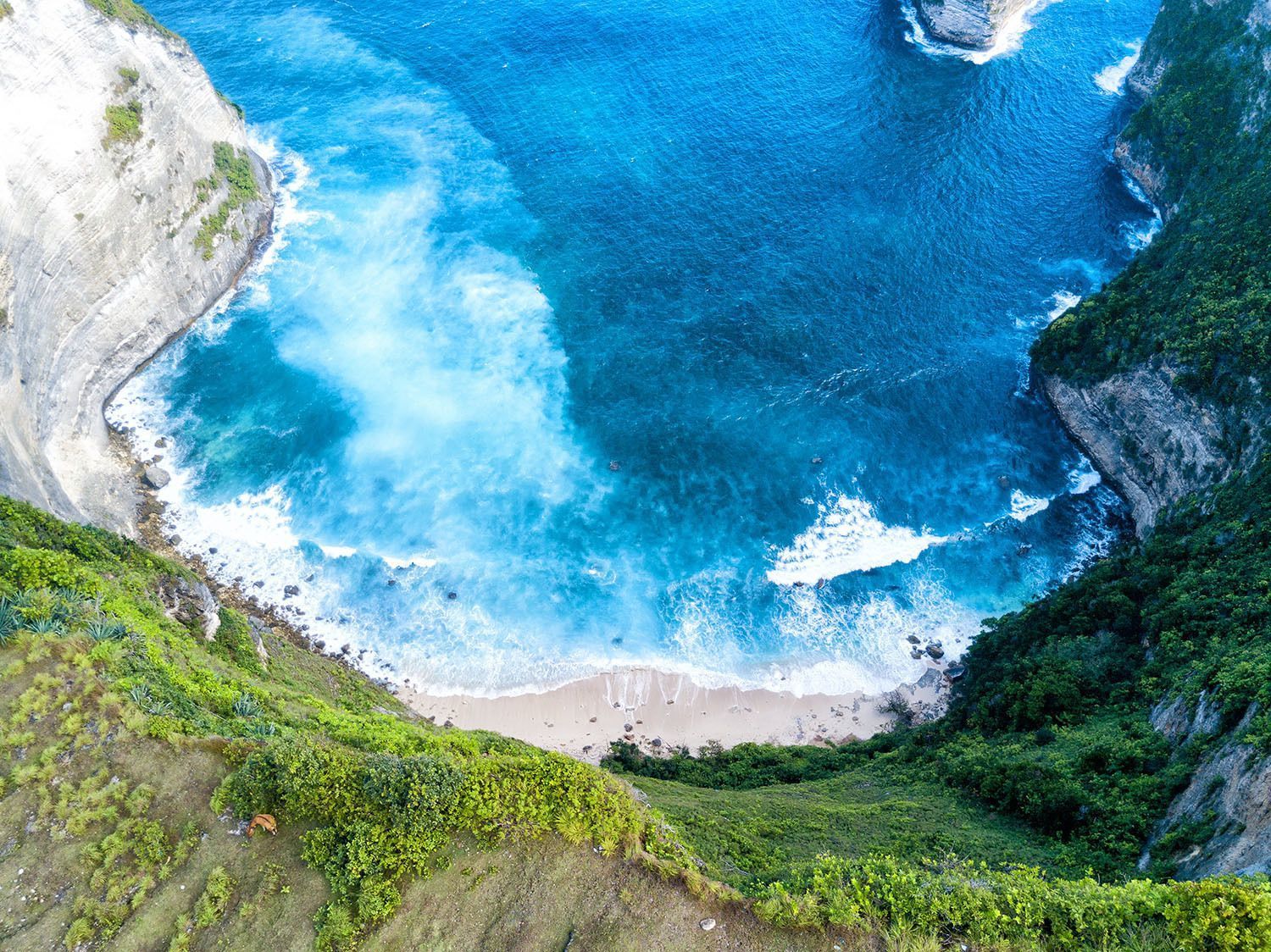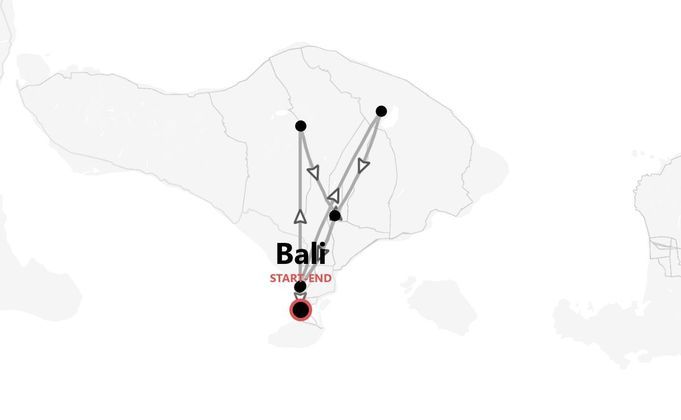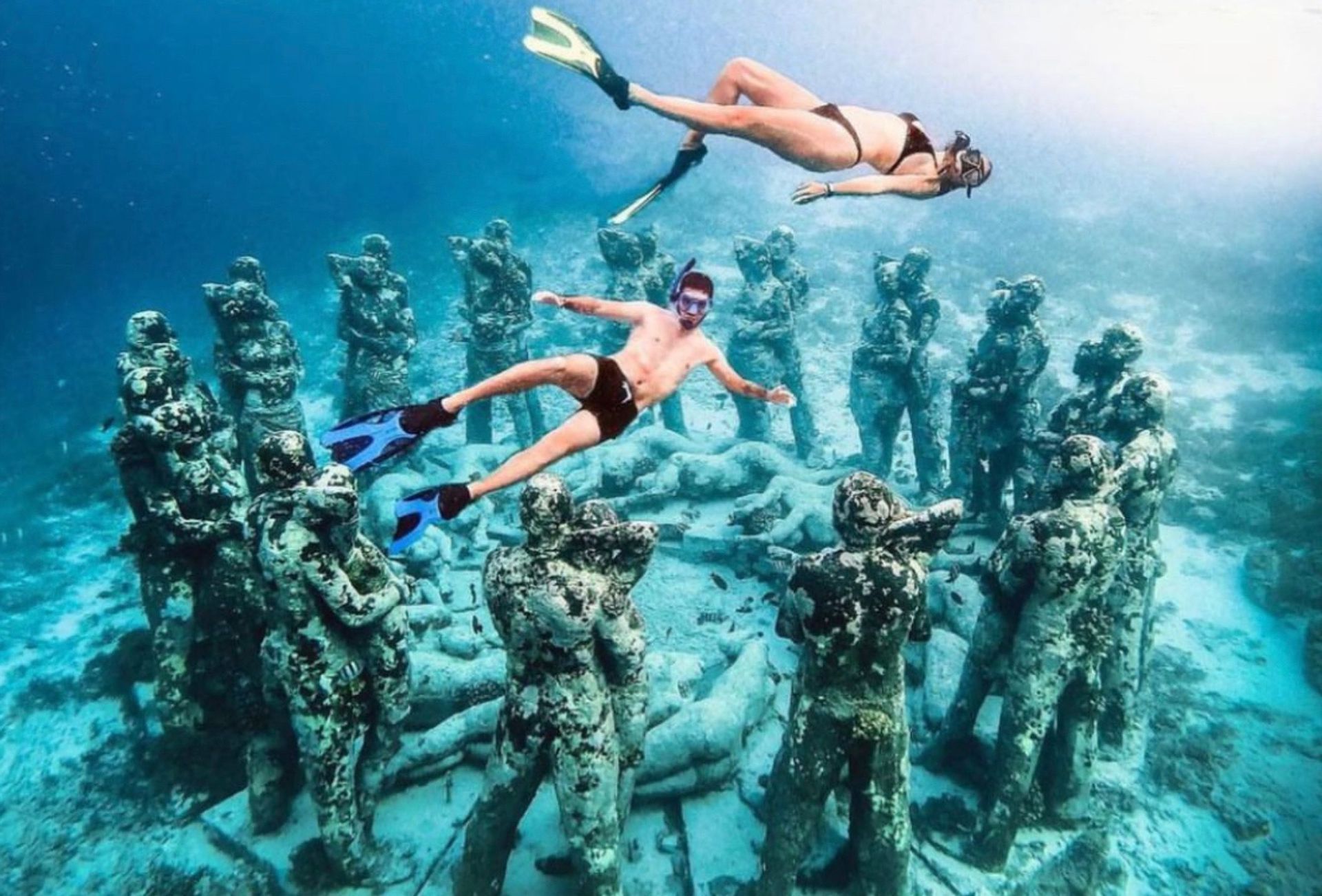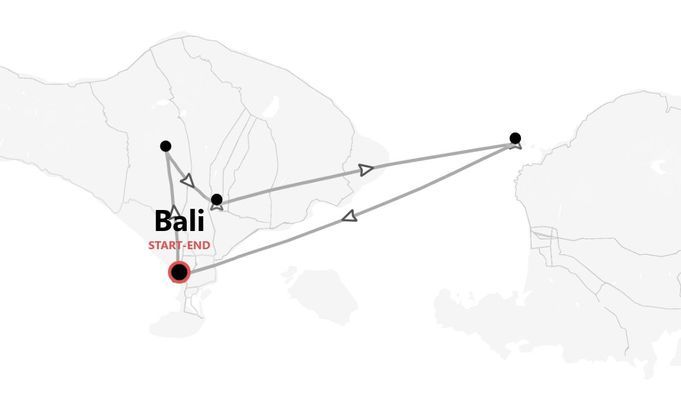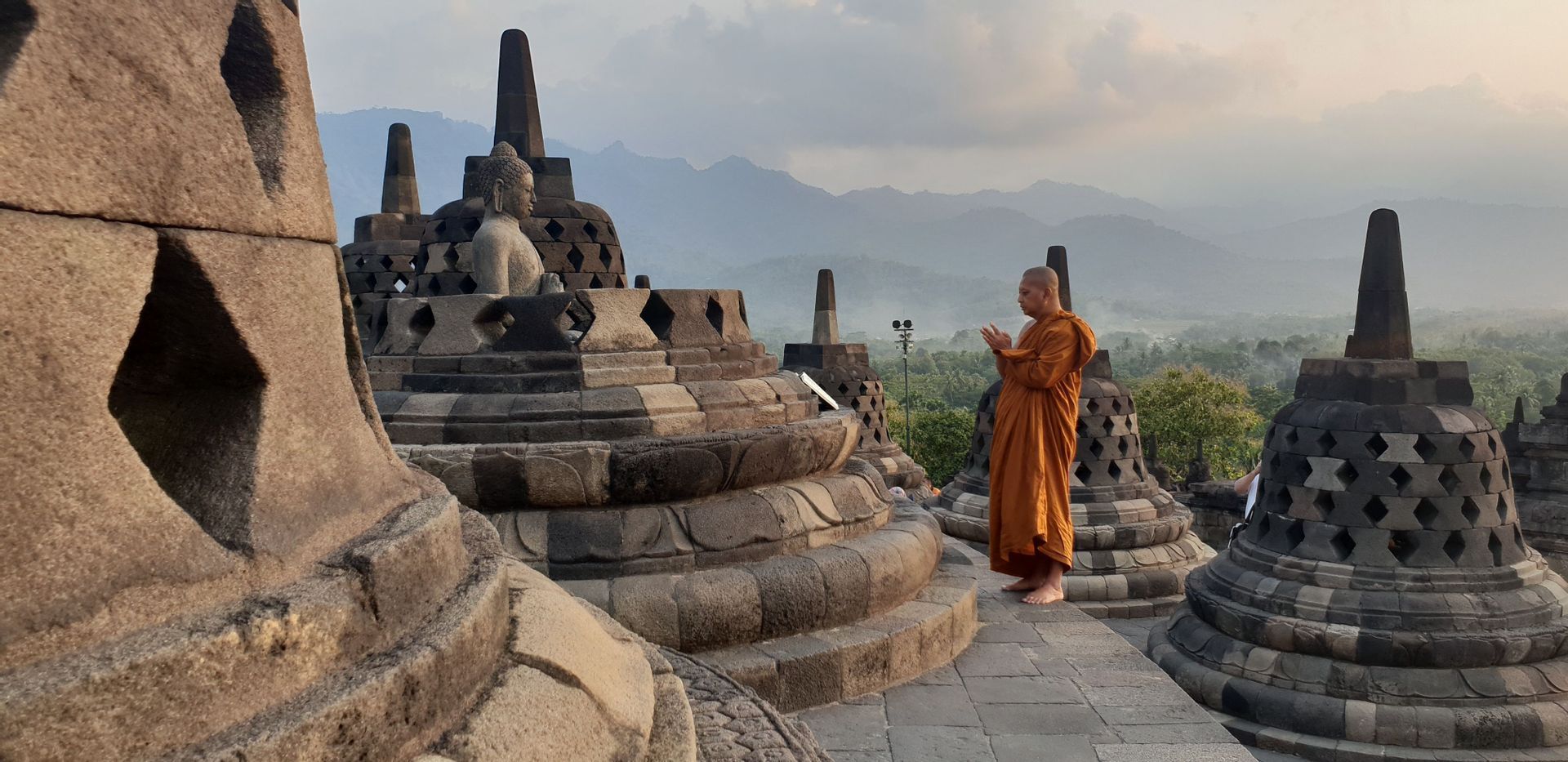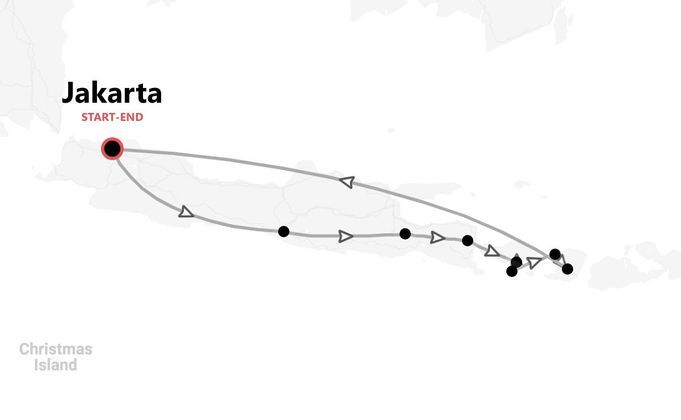Group trips to Indonesia
Our organized trips in Indonesia
These are the perfect trips to Indonesia for you if you want to discover every side of the country: it’s one of our great classics and many WeRoaders have discovered its essence by following these itineraries! If you have more than 10 days available, Indonesia 360° is the option to experience incredible adventures such as night trekking to see the sunrise over Mount Bromo, or reaching the acid lake inside the crater of Mount Ijen, before heading to the wonderful beaches of the Gili Islands to relax after the efforts of the first few days. If instead you have up to 8 days free, Bali 360° is the best choice to discover its most famous island, which combines spirituality and nature: from the Ulun Danu Bratan Temple to the Monkey Forest and rafting in Ubud. Early wake-ups and long transfers will be an opportunity to get to know each other better and create new memories!
FAQs about Indonesia
If you are a UK citizen, to find out the entry requirements for Indonesia, you can check this informational page from our partner Sherpa. If you need a visa, you can apply for it through Sherpa. If you are not a UK citizen, you can still use Sherpa by changing the nationality in the 'Passport' section.
Before traveling, always remember to check the government website of your country of origin for updates on the entry requirements for Indonesia – you wouldn’t want to stay home due to a bureaucratic detail!
- UK residents: review the FCDO Travel Advice.
- US residents: consult the US Department of State Travel Advice.
- Other residents: refer to your government or local consulate's travel advice.
Indonesia spans three time zones:
- Western Indonesia Time (WIB) is UTC+7
- Central Indonesia Time (WITA) is UTC+8
- Eastern Indonesia Time (WIT) is UTC+9
So, if it's 12 pm in Central European Time, it will be:
- 6 pm in WIB
- 7 pm in WITA
- 8 pm in WIT
Just remember, Indonesia does not observe daylight saving time, so these time differences remain consistent throughout the year.
The currency in Indonesia is the Indonesian Rupiah (IDR). You can easily exchange your money at banks or authorized money changers in major cities. Keep an eye out for official exchange booths to ensure you get a fair rate.
In Indonesia, you can pay using credit and debit cards in major cities and tourist areas, but cash is often preferred in smaller towns or rural areas. ATMs are widely available for withdrawing cash. Mobile payment options like GoPay and OVO are also popular. It's always a good idea to have some Indonesian Rupiah on hand for small purchases or in areas where card payments are not accepted.
Tipping in Indonesia is appreciated but not mandatory. In restaurants, a service charge is often included in the bill, but if it is not, leaving a tip of 5 to 10 percent is a nice gesture. Hotel staff, taxi drivers, and tour guides also appreciate small tips. Keep some small bills handy for these occasions, as they are most convenient for tipping.
In Indonesia, you'll find that internet access can vary greatly depending on where you are. In major cities like Jakarta, Bali, and Surabaya, you'll have access to decent Wi-Fi in most hotels, cafes, and restaurants. However, in rural areas, internet connectivity may not be as reliable.
We recommend you get a local SIM card for better connectivity, especially if you plan to explore beyond the cities. SIM cards are affordable and can be purchased at the airport or convenience stores. Look for providers like Telkomsel or XL for good coverage.
In Indonesia, the official language is Indonesian. It's widely used across the country, though you'll find many local languages and dialects too. Here are a few useful Indonesian phrases you might hear or want to use:
- Hello: Halo
- Thank you: Terima kasih
- Please: Tolong
- Yes: Ya
- No: Tidak
These handy phrases will help you connect with locals during your travels!
In Indonesia, they use Type C and Type F plugs, which are the same as in many Central European countries. These plugs have two round pins. The voltage is 230V, and the frequency is 50Hz. If your devices are compatible with this voltage, you will only need an adapter. However, if your devices are not dual voltage (check the label on your device), you might need a voltage converter. Always double-check your devices before traveling to avoid any issues.
The main religion in Indonesia is Islam. Most Indonesians are Muslim, and you will find mosques throughout the country. If you are planning to visit, it's respectful to dress modestly, especially important for women who should consider covering their shoulders and knees.
Remember that during the holy month of Ramadan, many Muslims fast from sunrise to sunset. Also, be aware of important religious holidays like Eid al-Fitr, which marks the end of Ramadan, and Eid al-Adha, known as the Festival of Sacrifice.
When packing for Indonesia, consider its tropical climate and diverse landscapes.
Here's a handy list to help you get started:
-
Clothing:
- Lightweight shirts
- Shorts
- Long pants for evenings
- Swimsuit
- Light jacket or sweater for cooler evenings -
Shoes:
- Comfortable walking shoes
- Sandals
- Water shoes for beach or water activities -
Accessories and Technology:
- Sun hat or cap
- Sunglasses
- Power bank
- Camera or smartphone for photos
- Universal adapter -
Toiletries and Medication:
- Sunscreen
- Insect repellent
- Basic toiletries like toothbrush, toothpaste, shampoo
- First aid kit
- Common travel medication like pain relievers, anti-diarrheal pills, and motion sickness tablets
Keep in mind the weather can be quite humid, so breathable fabrics are a good choice.
Indonesia's weather is generally tropical, but it can vary depending on the region:
- Java and Bali: Dry season from May to September, with the best time to visit being between June and August. Rainy season from October to April.
- Sumatra: Wet and humid, with heavy rainfall from October to April. Dryer months are usually May to September.
- Borneo and Sulawesi: Experience heavy rain from November to March, while June to September is drier.
- Papua: Rainfall is common year-round, but May to October is slightly drier.
In general, the best time to visit Indonesia is during the dry season, from May to September, when you can enjoy sunnier days and pleasant temperatures.
